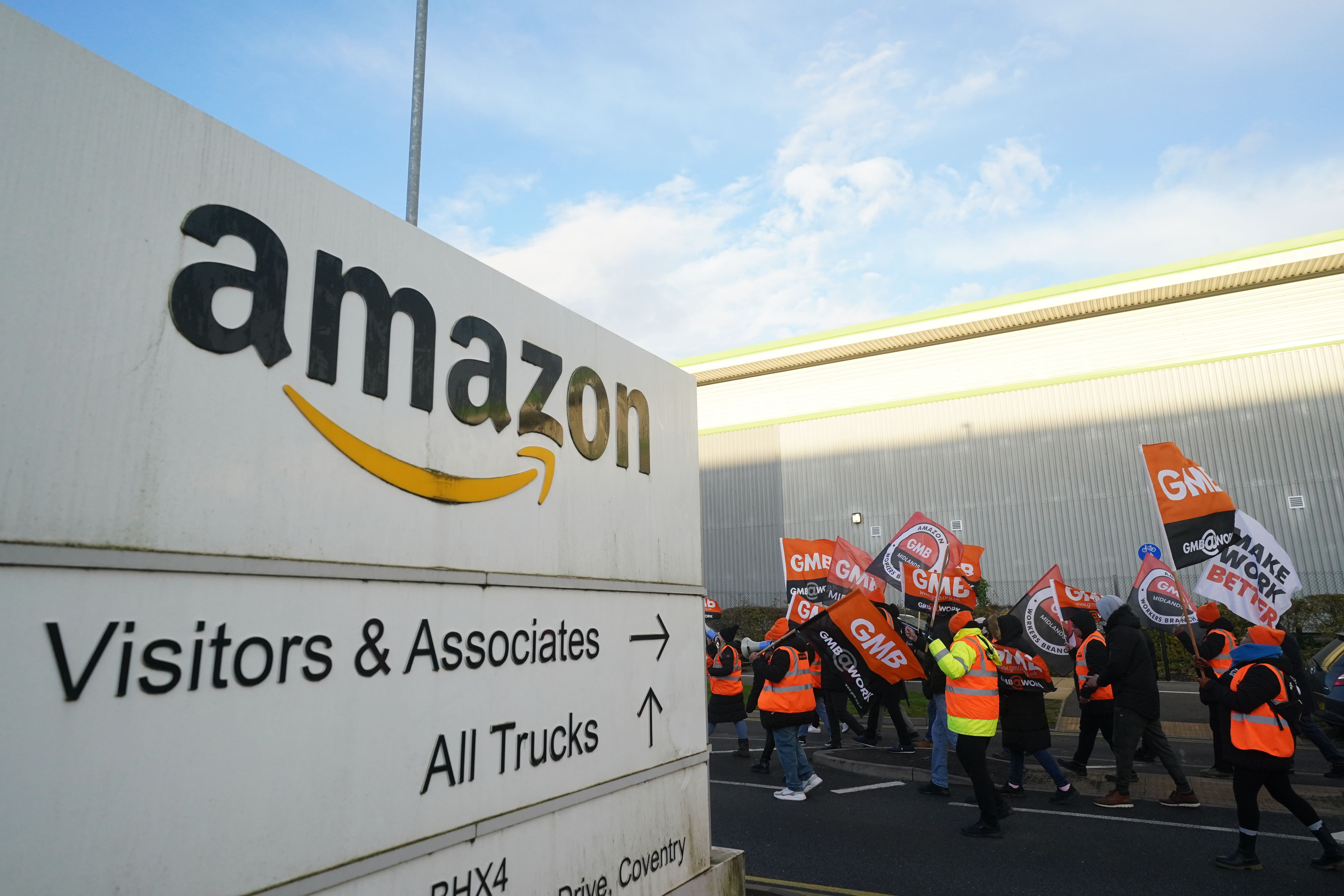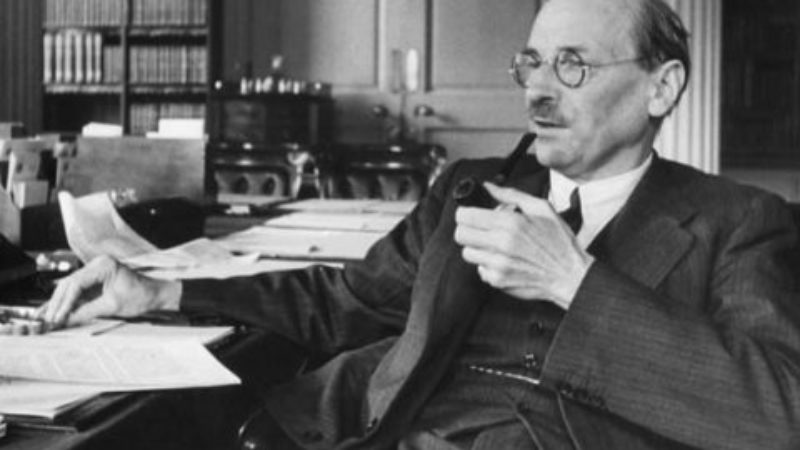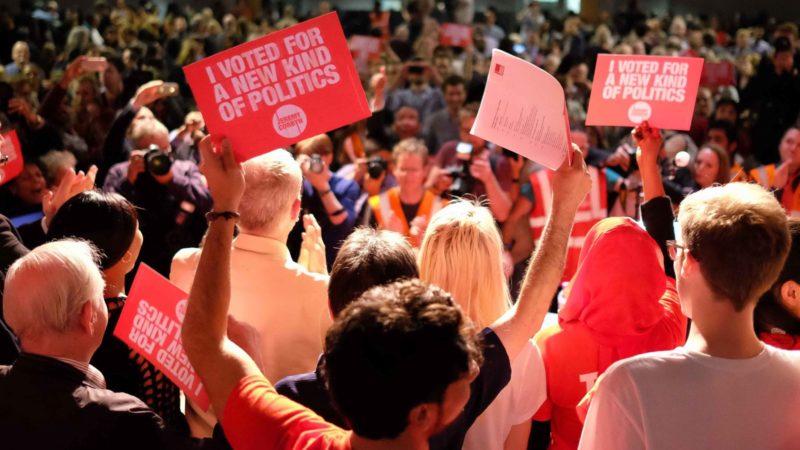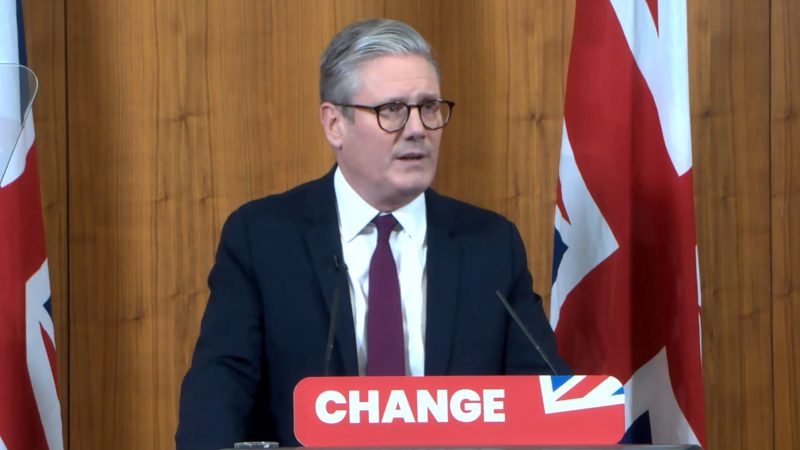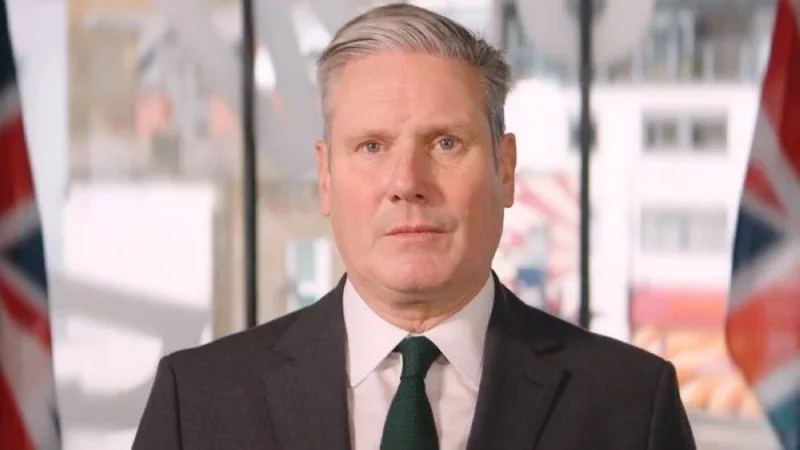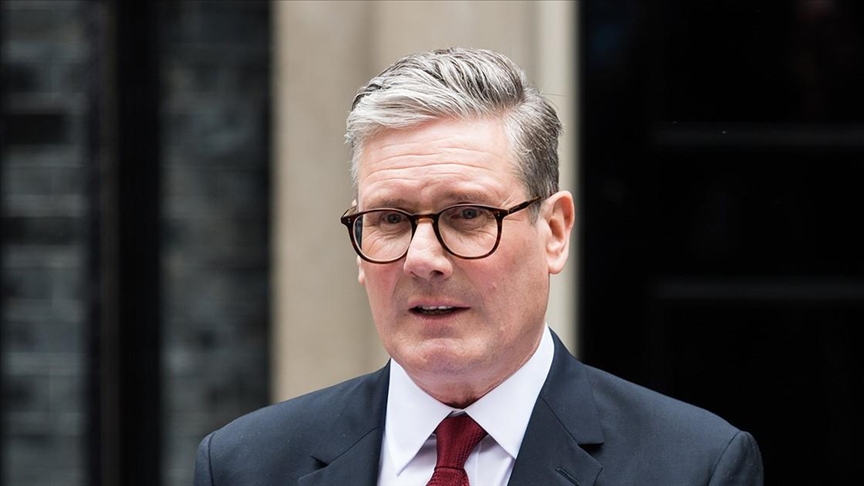The Labour Party’s Foreign Policy Agenda: Addressing The Gaza And Ukraine Conflicts – OpEd
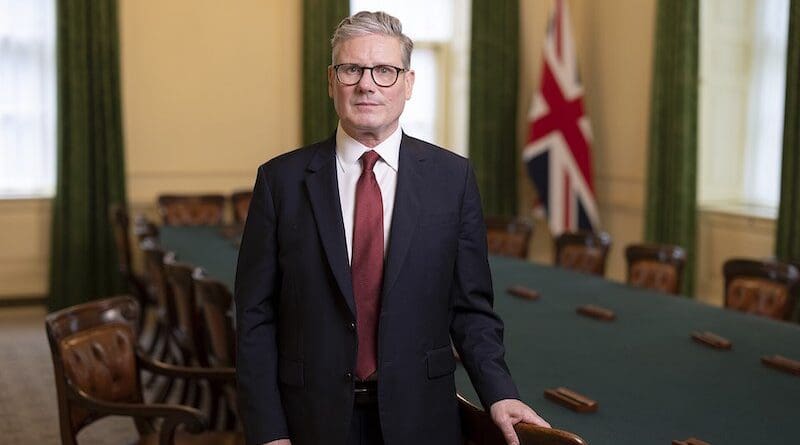
UK Prime Minister Sir Keir Starmer. Photo Credit: Official Portrait, Wikimedia Commons
By Altaf Moti
The election of the Labour Party to government in the United Kingdom marks a significant shift in the country’s foreign policy, with implications for its stance on key global issues like the Ukraine-Russia conflict and the Israel-Hamas war. While the Labour Party’s foreign policy platform shares some similarities with that of the previous Conservative government, there are notable differences in tone and approach that are likely to shape the UK’s relationships with international partners and its response to global crises.
Ukraine-Russia Conflict
The Labour Party has pledged “iron-clad” support for Ukraine in its conflict with Russia, with shadow foreign secretary David Lammy and shadow defence secretary John Healey visiting Kyiv to discuss a “new UK plan” to help ensure Ukraine’s victory. The party’s commitment to Ukraine’s security and territorial integrity is unwavering with a promise to maintain military, diplomatic, financial and political support to Ukraine. This stance is in line with the previous government’s position, but Labour’s emphasis on deepening cooperation with allies and pursuing a more robust approach to Russian aggression marks a departure from the Conservative’s more cautious approach.
Labour’s plan for Ukraine sets out five priorities: fast-tracking military support, deepening diplomatic efforts, targeting Russian aggression, boosting industrial production and supporting recovery and reconstruction. The party has expressed strong support for Ukraine’s bid to join NATO, aligning with the country’s aspirations for closer ties with the West. This stance is likely to resonate with Ukraine and its allies, but may also be viewed as provocative by Russia, potentially heightening tensions between Moscow and NATO nations.
Starmer has pledged to maintain and even increase defense spending to 2.5% of GDP within the first year of governance, signaling a commitment to bolstering the UK’s military capabilities. This move aims to strengthen the country’s ability to assist Ukraine and deter Russian aggression.
However, Labour’s approach also involves a strategic reassessment of the UK’s relationship with Russia. While Starmer has vowed to maintain unity in supporting Ukraine, he recognizes the need to strike a balance between economic interests and security concerns, especially with the potential return of Donald Trump to the White House.
Starmer’s team has emphasized the importance of diplomacy and multilateral cooperation in addressing the Ukraine crisis. They have expressed a willingness to engage with a wide range of international partners including traditional allies and adversaries to find a peaceful resolution to the conflict. This approach aims to leverage the UK’s diplomatic influence and foster a more comprehensive sustainable solution.
Israel-Hamas War
The Labour Party’s stance on the Israel-Hamas conflict is more nuanced, with the party facing divisions within its own ranks over the issue. While the party leadership has expressed support for Israel’s right to defend itself, it has also called for a ceasefire and an end to the blockade of Gaza. The party’s shadow foreign secretary, David Lammy, has emphasized the need for a two-state solution and recognition of the “pain of the lack of peace and accommodation between Israel and the Palestinian people”.
However, some Labour lawmakers have been critical of the party’s initial refusal to call for a ceasefire in the Gaza conflict, with several MPs facing challenges from pro-Palestinian independents in the election. This internal dissent may pressure the Labour government to adopt a more balanced approach to the conflict.
The Labour party has condemned Israel’s settlement expansion and its treatment of Palestinian prisoners, and has called for an end to the blockade of Gaza and the occupation of Palestinian territories. Labour has also pledged to support Palestinian statehood and the right of return for Palestinian refugees, and has called for a comprehensive and just solution to the conflict.
Labour’s foreign policy on the Israel-Palestinian conflict also includes a commitment to addressing the humanitarian crisis in Gaza. The party has pledged to increase aid and support for reconstruction efforts, while also advocating for the lifting of the blockade to allow for the free movement of people and goods. This approach reflects a humanitarian-focused perspective that seeks to alleviate the suffering of civilians caught in the crossfire.
Implications for UK Foreign Policy
The Labour government’s foreign policy approach is likely to have significant implications for the UK’s relationships with international partners and its response to global crises. The party’s more assertive stance on Russia and Ukraine may lead to increased tensions with Moscow, but could also strengthen the UK’s relationships with NATO allies and Ukraine.
On the Israel-Hamas conflict, the Labour government’s more balanced approach may help to reduce tensions between Israelis and Palestinians, but could also face opposition from the US and other allies who have traditionally been strong supporters of Israel.
Another key aspect of the Labour government’s foreign policy approach is its commitment to multilateralism and international cooperation. The party has pledged to increase the UK’s engagement with international organizations such as the United Nations, the European Union, and the Commonwealth, and to prioritize cooperation with other countries on global issues such as climate change, poverty reduction, and pandemics.
This approach is likely to be welcomed by many in the international community, particularly in countries that have been critical of the UK’s decision to leave the European Union. However, it may also face challenges from countries that prioritize national interests over international cooperation.

Altaf Moti writes on diverse subjects


 BBC
BBC



